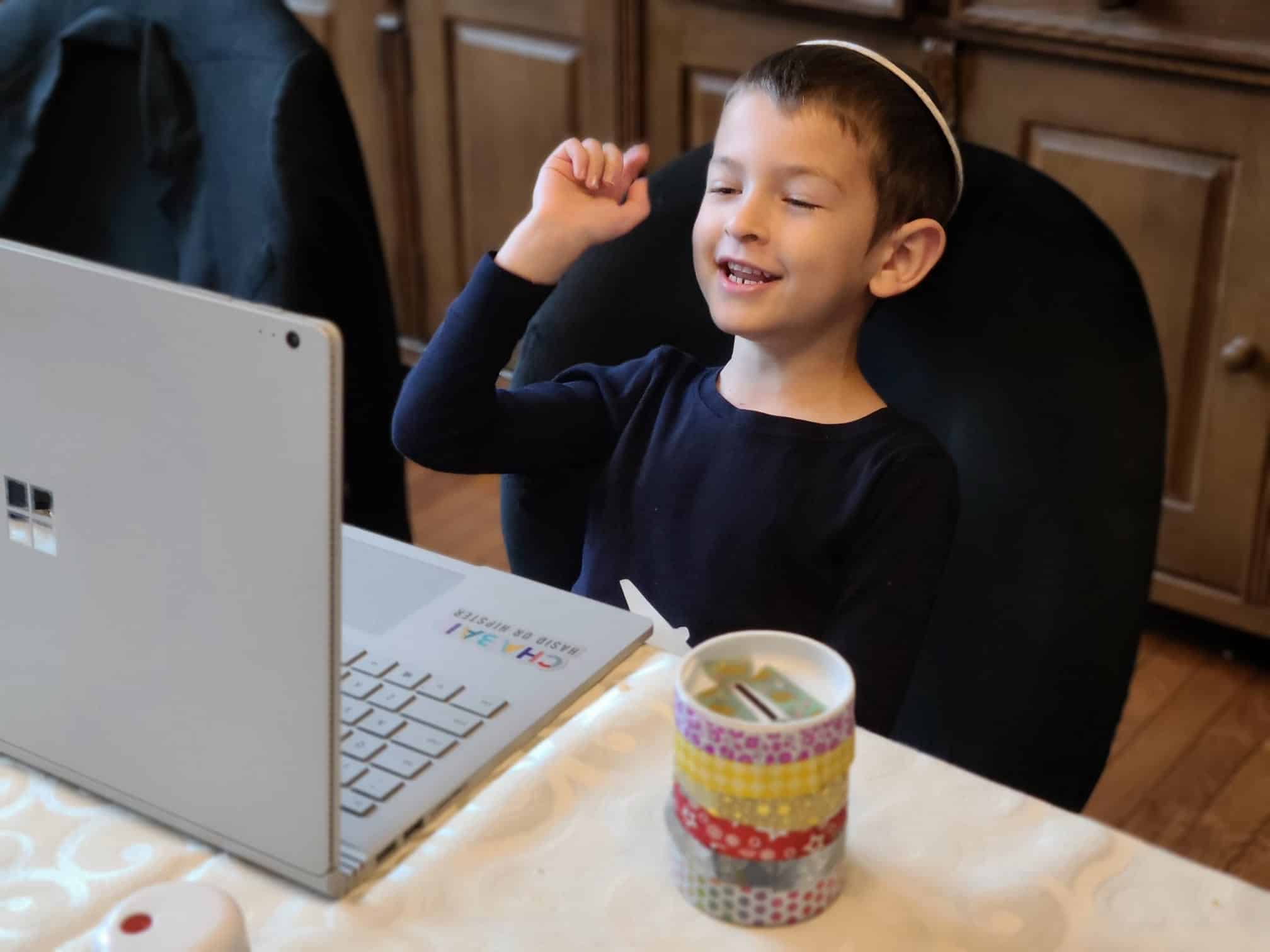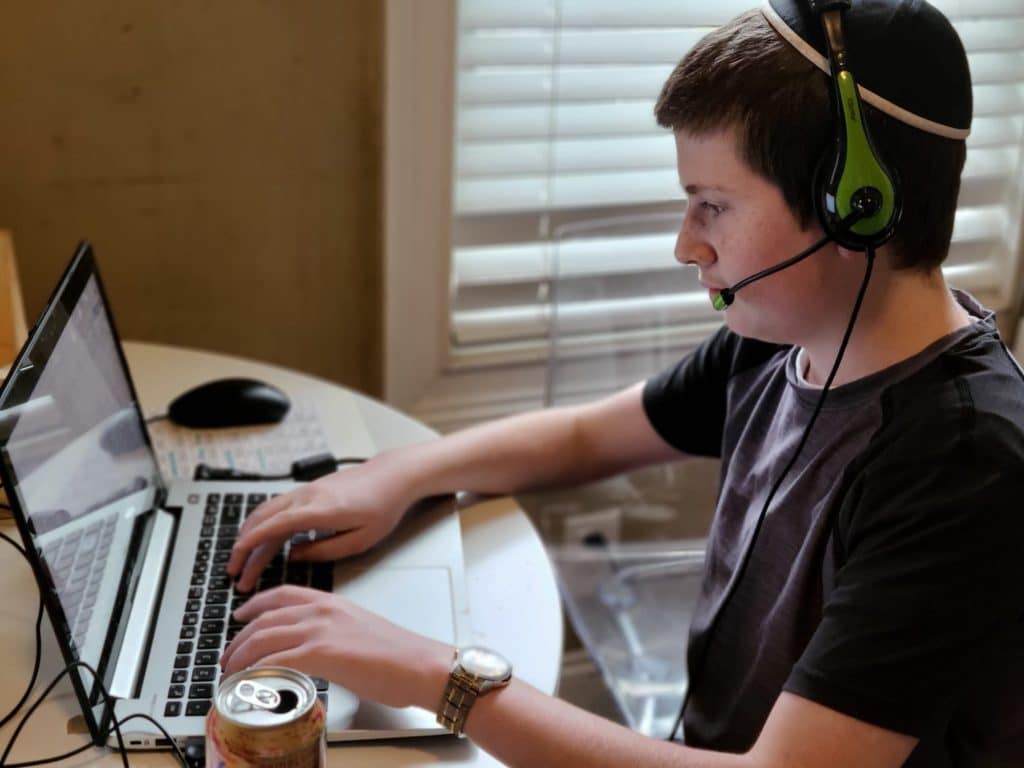
Yanki Raskin LMSW is a teacher and guidance counselor at Oholei Torah – Oholei Menachem, Crown Heights.
Dear Melamed,
The role of a mechanech goes beyond teaching skills and text. While this is always true, during these times of change and uncertainty, this aspect of our role takes on a new meaning; the context and environment of our teaching is fertile ground and is calling upon us to use this opportunity to engage and be of service to our students in ways that can and b’ezras Hashem will make a lasting educational impression upon them.
A teacher is a teacher, he is not a parent, nor a therapist; hence you do not carry the burden or responsibility to diagnose or ‘solve’ an issue you may observe. This puts you in a unique position to be you, a loving and caring teacher. This is what the students are looking for, and it is this, more than anything else you might do or say, in which they will find much comfort during these times.
That being said, engaging students in their reality outside of the school setting, may be new for you. You may feel like “this isn’t me,” or what is referred to as a “False-Self.” This is a normal experience. This is new for all of us. I hope you find the strength and courage to find a way, your way, to embark on this journey.
What follows is an attempt to offer a framework with some tools and language to assist you in facilitating and engaging your students on this meaningful journey.
Opening
Teachers are in a unique role to discuss and clarify the current reality for students.
- As a teacher you are a/the professional adult in the student’s life.
- In addition, you represent ‘normal life’ to your students. Hence, your very presence can be comforting and reassuring for them.
- Students may feel more comfortable and at ease to share their thoughts and feelings with you, than with other adults in their life.
The Challenges
- Students overhear things at home; many parents aren’t discussing the situation with their children.
- Students have questions as well as lots of misinformation. In addition, for children their imagination may be running wild, as adults we have an opportunity to ground them in reality.
- Many of them (as well as many of us) are living in apartments; parents may be out of a job; financial and general anxiety may be the undertone at home. Children may be anxious even if all home conditions are in order.

A Few Suggestions (please share your suggestions with us as well!)
- Try and get a sense of what it has been like for them during this crisis. Do not assume.
- Ask open ended questions to try and get a sense of what their experience is like.
- Have them write three things that have changed for them during this time. Probe further if appropriate.
- Ask them to share the first word that comes to mind when thinking about the current situation.
- While this situation is challenging for many students, there are others that are doing just fine, or perhaps even better than usual. It is important to not assume or project onto all students a sense of struggle.
- Ask one or two students: what have you heard about the coronavirus? See if they have accurate information, acknowledge it. If not, speak to it. In addition, ask them what questions they may have about Covid-19.
- They may have heard their information from a parent, so make sure not to mock and dismiss what they share.
- If they ask a question you don’t know the answer to, it is fine. Tell them you will look into it and get back to them.
- Keep in mind that a student may have lost a relative, or may have a relative who is unwell.
- We know that צרת רבים חצי נחמה – share with them some of the challenges people their age are facing (is it hard being home all day; are you getting along more or less with your parents/siblings; boredom; lack of friends; sports etc.)
- One of the key factors of this crisis is the element of uncertainty. People crave certainty. The ‘need to know’ leads us to entertain and believe any projection available, even when it is radical and lacks credibility. Instead of going in that direction, ask yourself (and perhaps your students), what is like to live with uncertainty? What constant can we fall back on during such uncertain times?
- Inquire into how some of them are growing: discovering new hobbies; learning mishnayos; spending quality time with their parents; or older siblings.
- This is a good opportunity for students to learn from each other. What they may not ‘hear’ from their parents or teacher, they may ‘hear’ from a friend. For example: being more helpful and doing things they haven’t done around the house.
- Notice, highlight and compliment the ‘small’ efforts being made by your students. In a time of disrupted routine, “small” positive acts may have taken a lot of effort. This may be just as true for your “A” student.
- For some students who typically had a hard time in a “regular” yeshiva setting, this time of more freedom, more family time, and less social and academic pressure may be an opportunity for them to blossom. They may be more involved and enthusiastic about your classes than usual. This is a wonderful opportunity to compliment and engage these students.
- Use the 12 Pesukim as a springboard to discuss what we can use to empower us during these times (especially בראשית and והנה ה’). The Rebbe redt tzu kinder on the 12 Pesukim is a great resource.
Teacher’s Wellbeing
Unique to this crisis we are all in it together. This doesn’t exclude you, the teacher.
- Your well-being is of utmost importance to both you and your students. Check-in with yourself and notice your levels of calm vs. stress and anxiety.
- Perhaps reach out to a fellow teacher or a friend to discuss. If it isn’t enough, consider reaching out for additional help and support.
- While always true, notice how your state is impacting the way you show up and react to your students.
- If you notice that you are in a high state of anxiety, do not address questions related to this crisis, rather postpone the discussion.
General comments
- Pay attention to see if you notice any significant change in students’ demeanor or behavior.
- If possible speak to the student (after class), or to the parent and share what you are seeing and inquire as to what may be causing this change.
- If you see fit, make further recommendations to the school therapist, or other suggestions as you see fit.
- At times it may be a small change that is having a big impact (think: late bedtime).
- Keep in mind that some homes may be quite dysfunctional at this time. If you notice that a student seems to be neglected (not eating well or wearing clean clothing, for example), follow the steps above.
- Encourage structure and routine. While it may not be possible, or even recommended, that students have a normal and regular schedule, it is still highly recommended that students follow some form of routine. For example: meal times, getting dressed, yeshiva, and bedtime. While this is something which is more relevant for parents, you may have opportunities to gently communicate this with students.
Wishing you much success, Yanky Raskin
Student Liason at Oholei Torah – Oholei Menachem
[/vc_column_text][/vc_column][/vc_row]




